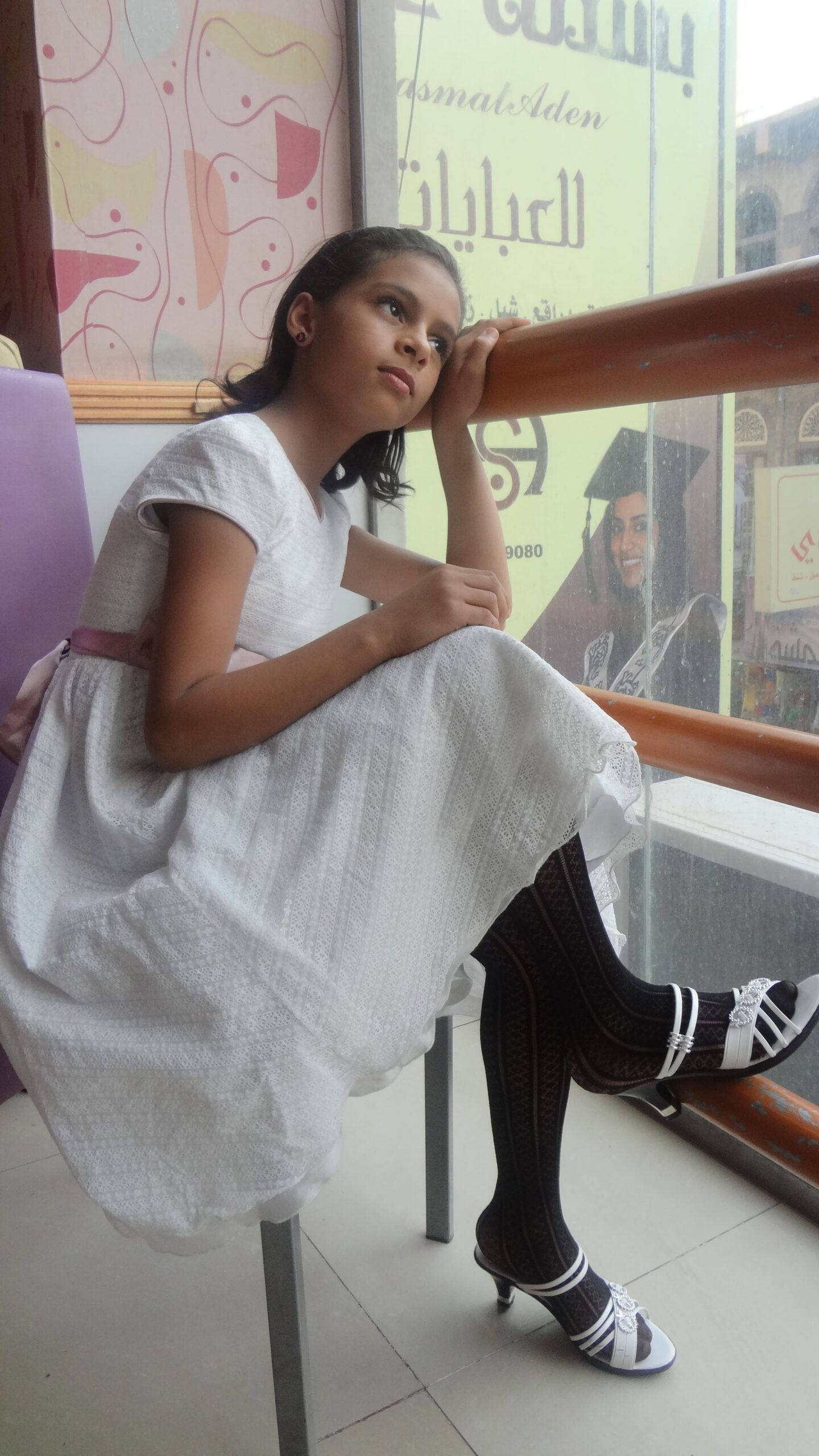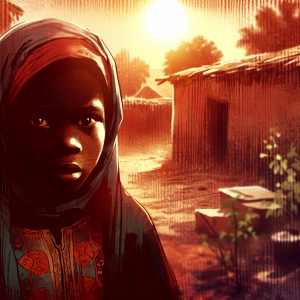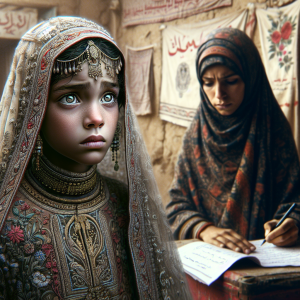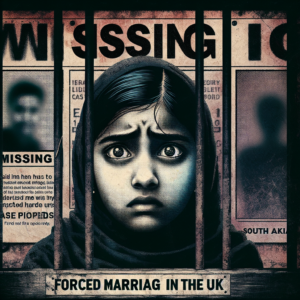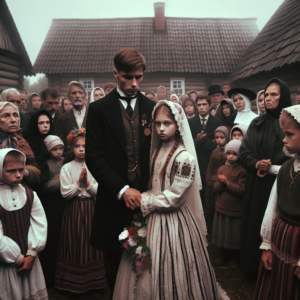Childhood Marriage in Egypt: Understanding the Causes and Consequences
Introduction:
Childhood marriage refers to the practice of children, usually girls, being married off at a young age, often before they reach the age of 18. This is a prevalent issue in many parts of the world, including Egypt. Despite legal efforts to combat this practice, childhood marriage continues to be a deeply rooted phenomenon in Egyptian society. This article aims to explore the causes and consequences of childhood marriage in Egypt, shedding light on the underlying factors and the impact it has on the lives of those involved.
Causes of Childhood Marriage in Egypt:
1. Tradition and Cultural Norms:
Egypt has a long history of early marriage, deeply rooted in cultural and traditional norms. Families often see early marriage as a way to protect their daughters’ honor and preserve family reputation. The perception that early marriage ensures a girl’s purity and guards against premarital relationships fuels this practice.
2. Poverty and Economic Factors:
Financial constraints also contribute to childhood marriage in Egypt. Families living in poverty may resort to marrying off their daughters early as a means to reduce the burden of providing for them. They view early marriage as a way to secure a future for their daughters, who may have limited educational or employment opportunities.
3. Lack of Education:
One of the significant reasons for childhood marriage is the limited access to education for girls in rural areas of Egypt. Inadequate educational infrastructure, gender discrimination, and societal expectations often force families to prioritize early marriage over education. This perpetuates a cycle where girls are denied the opportunity to develop their potential and contribute to societal progress.
4. Gender Inequality:
Egyptian society still grapples with gender inequality, which contributes to childhood marriage. Women and girls are seen as subordinate to men, and early marriage is viewed as a way to maintain control over their lives and restrict their choices. These societal norms perpetuate the cycle of childhood marriage and inhibit progress towards gender equality.
Consequences of Childhood Marriage in Egypt:
1. Health Risks:
Child brides face severe health risks due to early childbirth and lack of access to proper healthcare. They are more susceptible to complications during pregnancy and childbirth, leading to higher rates of maternal mortality. Additionally, girls who marry early are often exposed to domestic violence and sexual abuse, which adversely affects their physical and mental well-being.
2. Limited Opportunities:
Early marriage truncates a girl’s educational and professional opportunities. She is forced to assume the role of a wife and mother at a young age, often denying her the chance to pursue education or develop skills necessary for future employment. This perpetuates a cycle of poverty and limited opportunities for successive generations.
3. Psychological Impact:
The psychological consequences of childhood marriage are profound. Young girls are forced into adult responsibilities, which can lead to feelings of powerlessness, depression, and anxiety. They are often isolated from their peers and face challenges in adapting to their new roles as wives and mothers, leading to low self-esteem and a lack of assertiveness.
4. Social and Economic Impact:
Childhood marriage also has broader social and economic repercussions. The perpetuation of this practice exacerbates poverty, as girls who marry early are more likely to have larger families and struggle to escape the poverty cycle. Moreover, the lack of education and professional skills limits their contribution to the economy, hindering social and economic development.
FAQs:
Q1. Is childhood marriage legal in Egypt?
A1. The legal age for marriage in Egypt is 18 for boys and 16 for girls. However, exceptions can be made with parental consent and judicial approval, leading to many instances of underage marriages.
Q2. What is being done to address childhood marriage in Egypt?
A2. The Egyptian government, along with NGOs and international organizations, has taken steps to combat childhood marriage. These include awareness campaigns, strengthening legal frameworks, and promoting girls’ education to address the underlying causes.
Q3. Are boys affected by childhood marriage in Egypt?
A3. While childhood marriage primarily affects girls, boys can also be victims of early marriage. However, the prevalence is significantly higher for girls.
Q4. How does childhood marriage impact Egypt’s progress towards gender equality?
A4. Childhood marriage perpetuates gender inequality in Egypt by limiting girls’ opportunities and reinforcing traditional gender roles and expectations. Efforts to address childhood marriage are vital to achieving gender equality in the country.
Q5. What can individuals do to support the fight against childhood marriage in Egypt?
A5. Individuals can support organizations working on the ground to address childhood marriage, contribute to girls’ education initiatives, advocate for policy reform, and raise awareness about the harmful consequences of this practice.
Conclusion:
Childhood marriage remains a significant challenge in Egypt, perpetuating harmful traditions, and depriving girls of their rights. Efforts to combat this practice must focus on addressing the underlying causes, including cultural norms, poverty, limited access to education, and gender inequality. By raising awareness, strengthening legal frameworks, and promoting girls’ empowerment, society can work towards eliminating childhood marriage and ensuring a brighter future for Egyptian girls.



